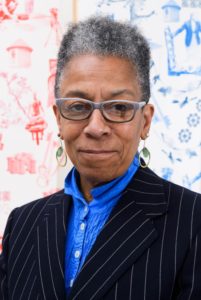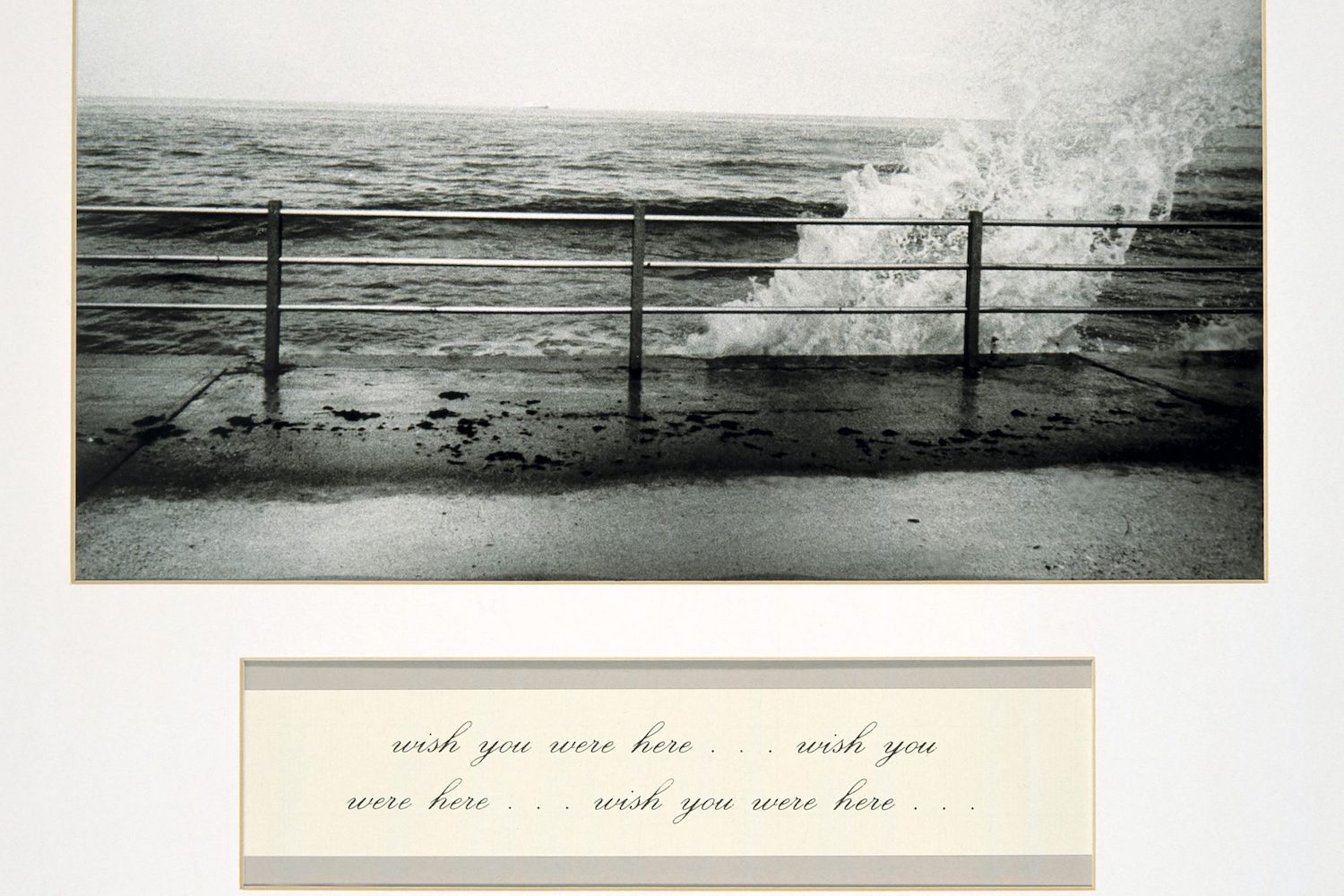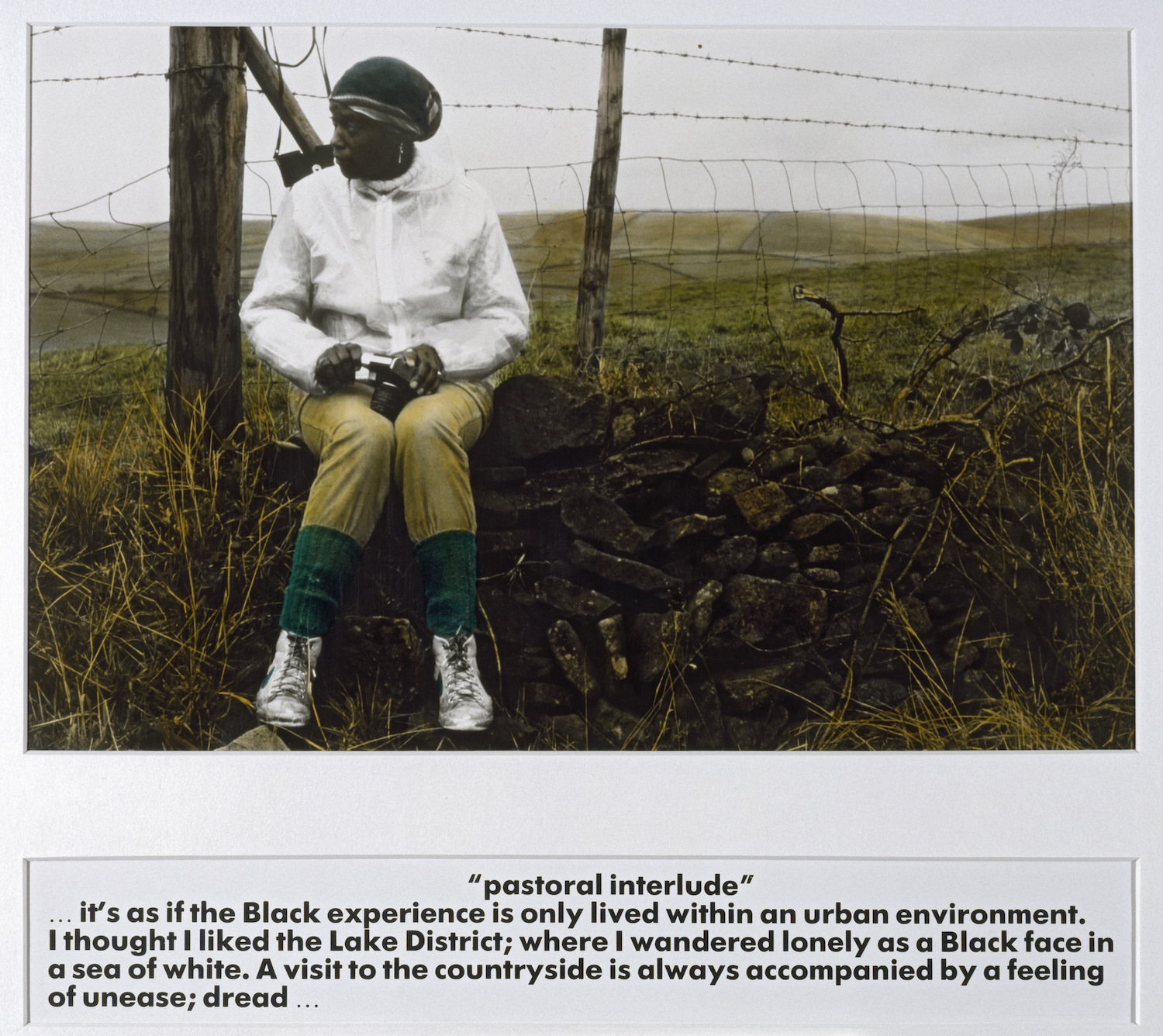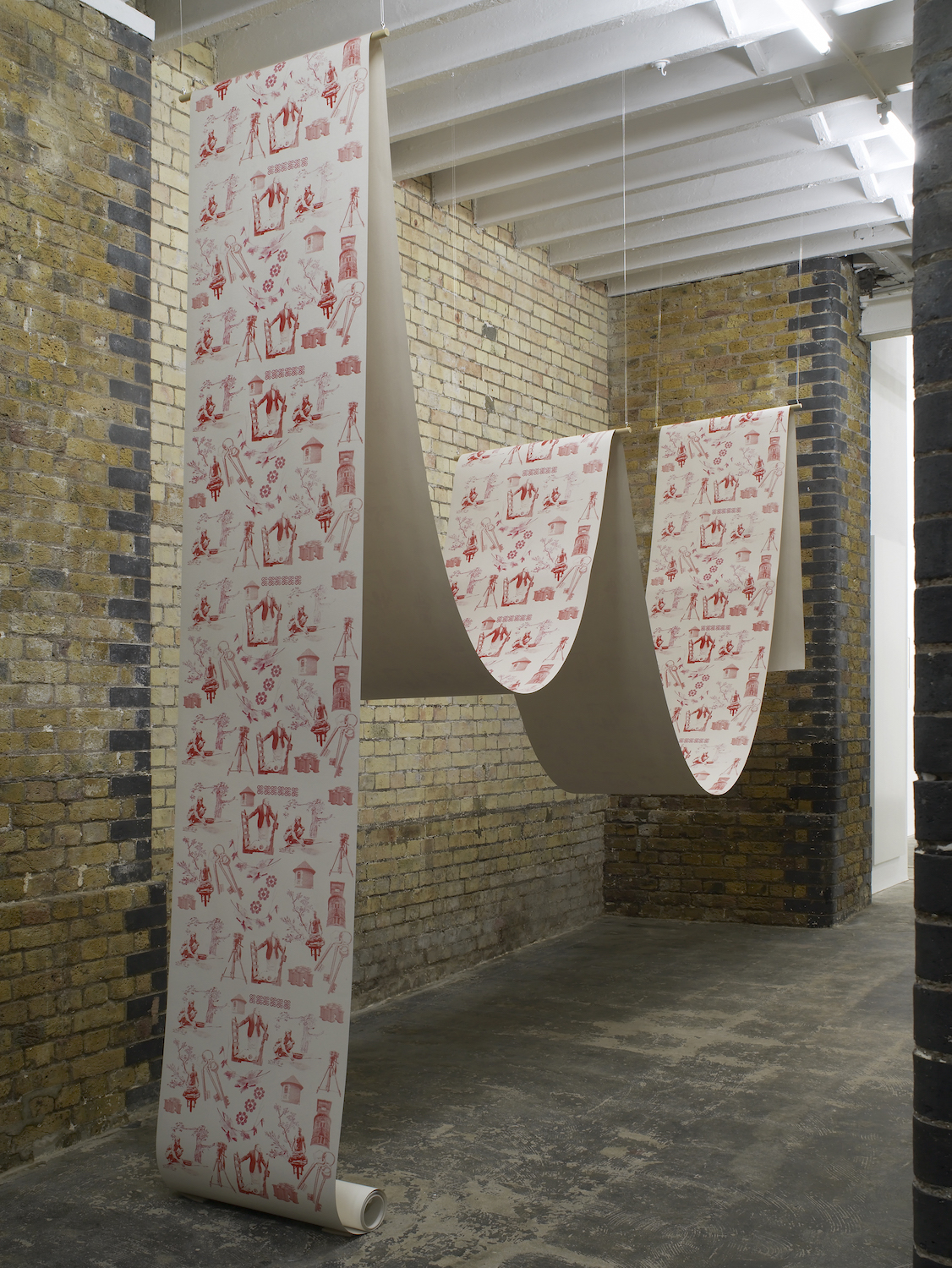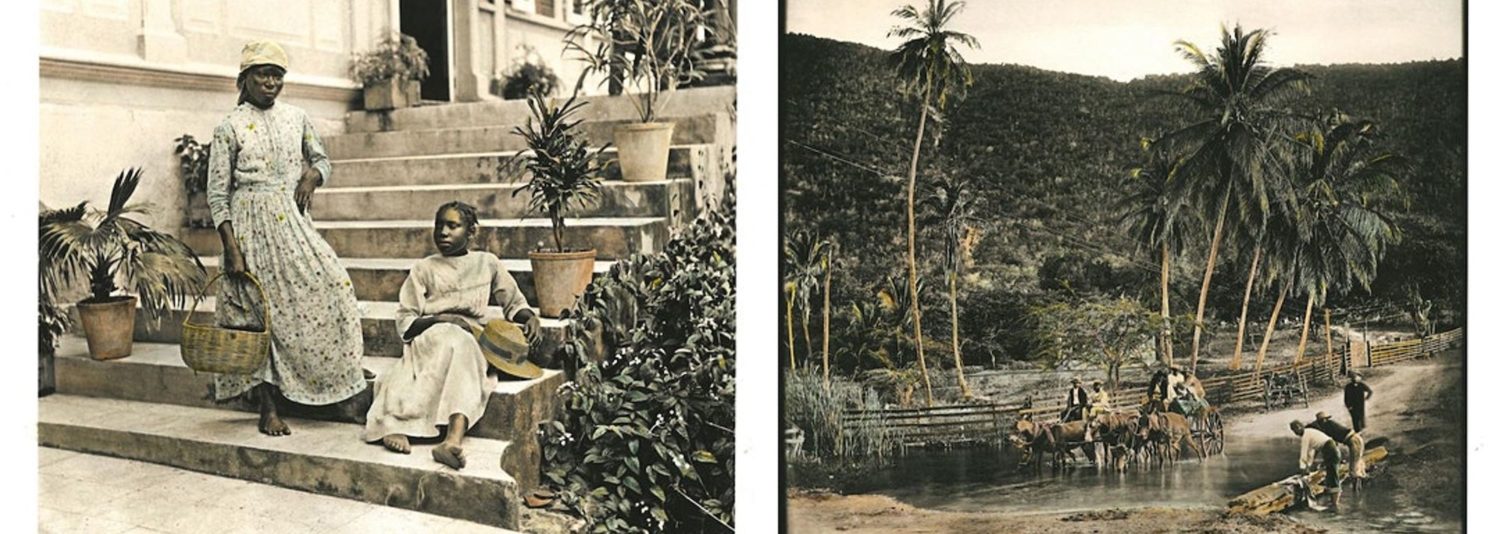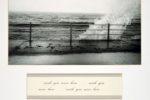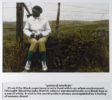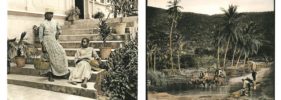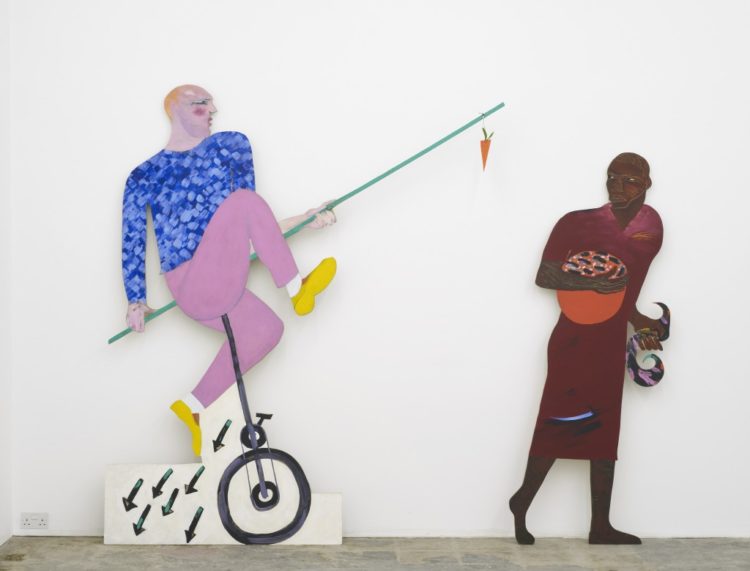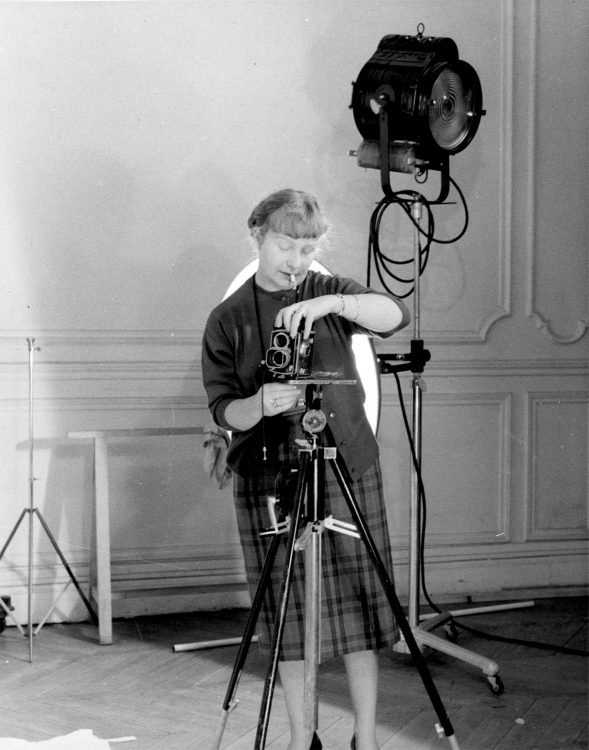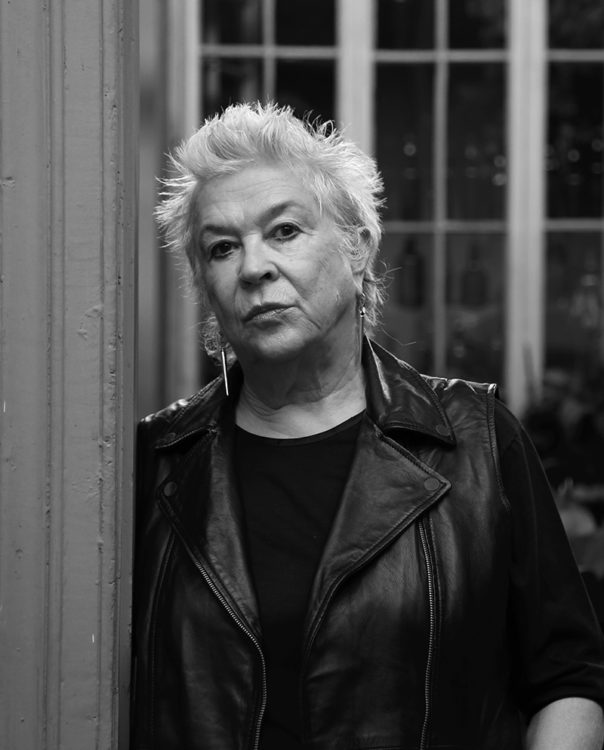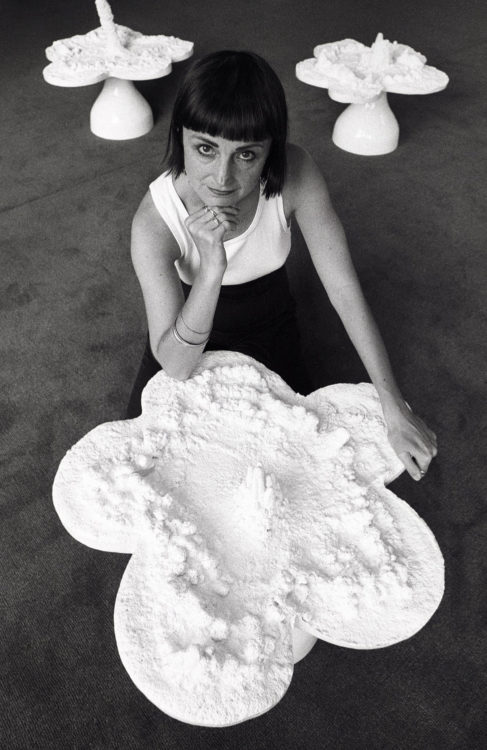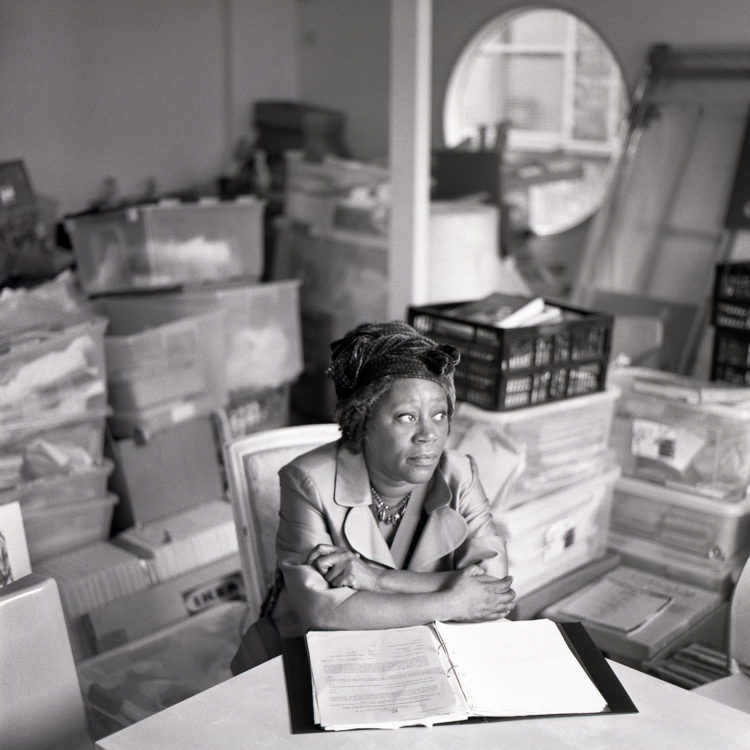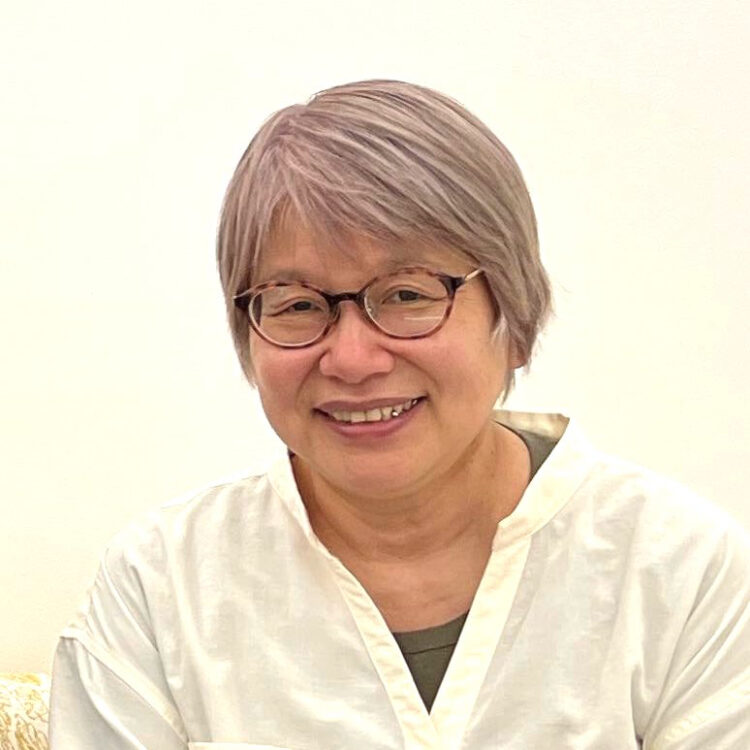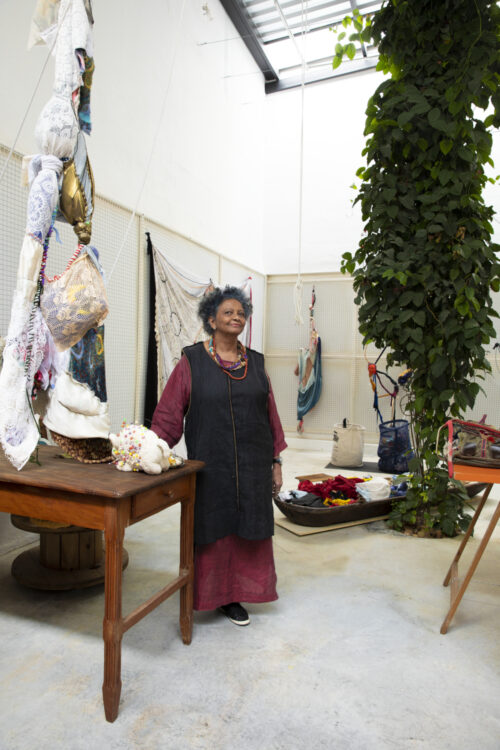Ingrid Pollard
Bernier, Celeste-Marie, Stick to the Skin: African-American and Black British Art, 1965-2015, Oakland, University of California Press, 2019
→Pollard, Ingrid, Postcards Home, London, Autograph and Chris Boot, 2004
→Sulter, Maud, Pollard, Ingrid, Passion: Discourse on Blackwomen’s Creativity, Hebden Bridge, Urban Fox Press, 1990
Ingrid Pollard: Carbon Slowly Turning, MK Gallery, Milton Keynes, March–May 2022
→Ingrid Pollard, Thelma Hulbert Gallery, Honiton, August–October 2022
→Seventeen of Sixty Eight, BALTIC – Centre for Contemporary Art, Gateshead, February–June 2019
British photographer, artist and researcher.
Dr Ingrid Pollard’s contributions to photography and art over the past 40 years have broken new ground and forged pathways for younger generations, shaping Britain’s understanding and histories of art, society and nationhood. Using digital, analogue and alternative photographic processes, she also incorporates into her practice, printmaking, image-text, artist’s books, artefacts, memorabilia, installation, video and audio.
I. Pollard studied Film and Video at the London College of Printing (now Communication), holds a Master of Art in Photography Studies from the University of Derby, and in 2016 received her doctorate from the University of Westminster. In 2018 she was the Inaugural Stuart Hall Research Fellow and was elected an Honorary Fellow of the Royal Photographic Society. The following year she received the BALTIC Artist’s Award and the Paul Hamlyn Foundation Award. In 2020 MK Gallery and I. Pollard were joint recipients of the prestigious Freelands Award for a major solo exhibition in 2022.
I. Pollard’s careful and nuanced photographic research and practice creates profoundly layered work around landscape and labour, people and places, memory and migration, industry and individual experience. Her work uses portraiture photography and traditional landscape imagery to explore deeply ingrained and dangerous social constructs such as Britishness and Englishness. The artist examines narratives of journeys travelled and stories told, deconstructing common ideas of identity, ownership, borders and subjecthood as complex concepts.
Engaging with both the technically and historically loaded materiality of lens-based media, I. Pollard locates and dislocates concepts and narratives of identity and subjectivity within the colonial imaginary. Her commissioned series The Valentines Days (Autograph, 2019) sees her undertaking a slow and delicate process of hand tinting large-scale images of original 1890s black-and-white photographs. Selected from a series of more than seventy postcards, lantern slides and stereo cards that illustrate carefully constructed representation of 19th-century Jamaica, she reclaims the subjects’ lives, bringing the black people in the images to the fore with beauty and love, undoing their existence as mere tropical commodities in an exotic tourist destination.
There Was Much Interruption (2015) reflects the fairy-tale like classical imagery of the toile de Jouy patterns and imagery, presenting us with the realities of contemporary country life and toil, and the relationships between the land and the people who work it. Like a Claude glass isolating salient features in a landscape, abstracting the subject from its surroundings, the artist highlights the labour and work of such upper-class luxury.
I. Pollard’s work is represented in the collections of Tate Britain, Victoria and Albert Museum, Cartwright Hall in Bradford, and Arts Council England. Internationally she has exhibited widely including at the nGbK neue Gesellschaft für bildende Kunst (Berlin), Caribbean Cultural Center African Diaspora Institute (New York), SF Camerawork (San Francisco), National Art Gallery of Jamaica (Kingston) and Passerelle Centre d’art contemporain (Brest).
A notice produced as part of the TEAM international academic network: Teaching, E-learning, Agency and Mentoring
© Archives of Women Artists, Research and Exhibitions, 2022


